#Gottfried Seelos
Explore tagged Tumblr posts
Text






#ai generated#ai image#stable diffusion#landscape#ai art#ai artwork#painting#Gottfried Seelos#shore#port#lighthouse#ships#aquarelle#coast#cliff#lake#river#ocean#sea#water#blue sky#boat#boats#wanderer#island#clouds#sailboat
14 notes
·
View notes
Text
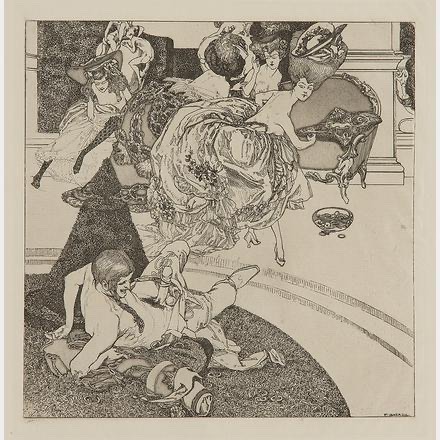
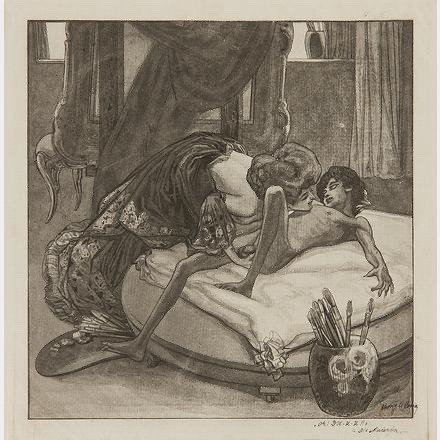
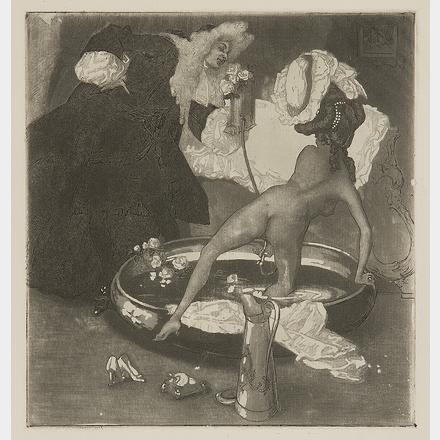
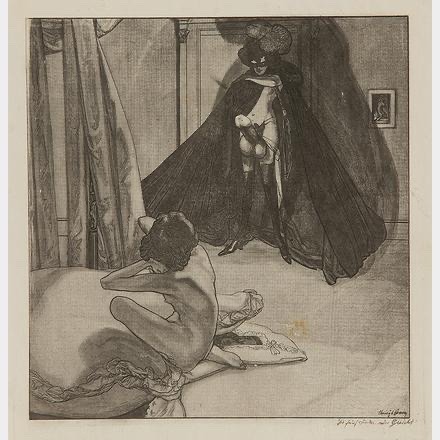

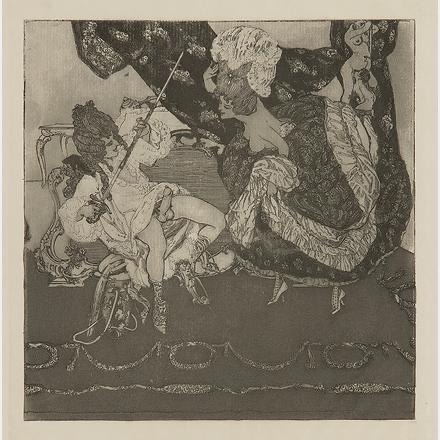
BESCHREIBUNG
FRANZ VON BAYROS (Zagreb 1866 - 1924 Wien)
Konvolut aus 6 Erotika Drucken
Ringwerfen
Aquatinta/Papier, 22,5 x 21,5 cm
signiert F. Bayros
Die Malerin
Aquatinta/Papier, 18 x 17 cm
beschriftet "Oh! DU-U-U!!" -Die Malerin-
Glühwürmchen
Aquatinta/Papier, 18 x 17 cm
betitelt "Glühwürmchen"
Die fünf Sinne
Aquatinta/Papier, 18,5 x 17 cm
beschriftet Die fünf Sinne. "Das Gesicht"
Kristie
Aquatinta/Papier, 23 x 21,5 cm
Das Schwert
Aquatinta/Papier, 22,4 x 21,5 cm
Franz von Bayros, also known as Marquis de Bayros, was an Austrian graphic artist, illustrator and painter of the fin de siècle. He also published his works under the pseudonym Choisy Le Conin. Bayros is best known as a draftsman and illustrator of erotic motifs set in the Rococo period. He came from a noble family that left Spain and settled in Austria. Bayros studied at the Academy of Fine Arts with Christian Griepenkerl and August Eisenmenger and stayed regularly in Munich. From 1890 he worked with the portraitist Eugen Felix and the landscape painter Gottfried Seelos. He moved in high circles and belonged to the circle of friends of Johann Strauss, whose stepdaughter Alice he married in 1896. The marriage ended in 1897 and Bayros moved to Munich. He studied at Adolf Hölzel's special school in Dachau and at Heinrich Knirr's school in Munich. He became involved in artistic circles and was a member of the “Vornehme Beobachter” society, which also included Thilo von Seebach, Karl Georg Maassen and Hanns Floerke. In 1904 he had his first major exhibition in Munich and subsequently took on a large number of commissions for book illustrations and bookplates. He created studies on Louis XV, studied the Rococo period and established himself as a draftsman of erotic motifs. When censorship intervened, he had to leave Munich in 1911. In Vienna he found it difficult to connect to the art market, even though he was in the circle of Rudolf Hans Bartsch, Anton Wildgans and Hugo Markus Ganz. His plans to go to Italy were interrupted by the outbreak of the First World War. On the occasion of the 600th anniversary of Dante's death, he created a collection of 60 watercolors based on the Divine Comedy, which finally brought him success in Vienna.
17 notes
·
View notes
Text

A landscape in the Fassa valley, South Tyrol, Gottfried Seelos, 1862.
#art#painting#nature#landscape#portrait#contemporary art#photography#lgtb#lgbtq#eurovision#bridgerton#curators on tumblr
11 notes
·
View notes
Photo



A Neapolitan landscape (detail), c. 1897. Gottfried Seelos (Austrian, 1829–1900)
667 notes
·
View notes
Photo

Rocky Rocky coast with ruins of the old castle in Duino (Trieste, Italy), Gottfried Seelos (Austrian, 1829–1900)
213 notes
·
View notes
